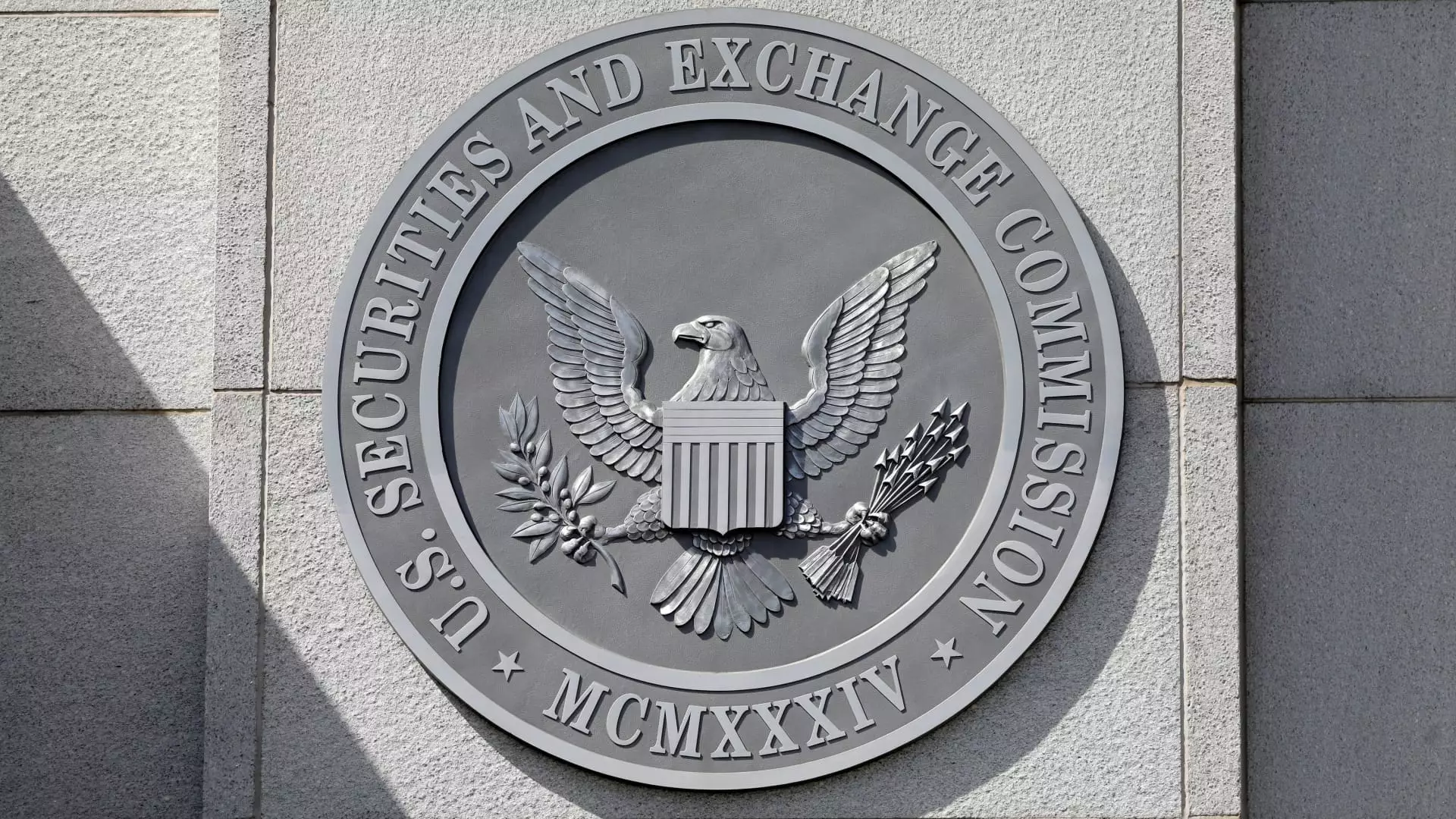In recent months, significant shifts in the regulatory landscape of the U.S. Securities and Exchange Commission (SEC) have emerged under the influence of new political leadership. These changes, although subtle at first glance, may hold profound implications for the manner in which the SEC conducts its investigations into potential securities violations. Traditionally perceived as an independent agency charged with enforcing federal securities laws, the SEC is now navigating a landscape where political oversight may start to dictate its investigatory authority.
Under new leadership since the onset of the Trump administration, SEC lawyers have found themselves in a position that requires them to obtain approval from politically appointed commissioners before they can initiate formal probes into suspected malfeasance. This procedural alteration marks a notable departure from previous operational norms, wherein enforcement personnel enjoyed a degree of autonomy to initiate investigations independently. Historically, authority for launching formal investigations was delegated to senior staff, including enforcement directors, allowing for a more streamlined approach to oversight.
With three commissioners currently in place—two Republicans and one Democrat—there is growing concern that this increased layer of oversight may significantly slow down the investigative process. According to insiders, all formal orders of investigation must now receive the Commission’s approval prior to the issuance of subpoenas or other formal inquiries, an additional hurdle that could impede the speed and efficacy with which investigations are conducted.
The implications of this new procedural requirement have raised eyebrows across the regulatory landscape. Proponents of the change argue that it introduces necessary safeguards to protect individuals from potentially overreaching investigations, creating a more balanced approach that respects the rights of the accused. However, critics contend that this new bureaucratic requisite strips investigators of their autonomy and could stifle the agency’s ability to effectively pursue potentially high-stakes cases. The growing sentiment is that with increased political control over the investigatory process, the SEC’s effectiveness in holding bad actors accountable may be compromised.
While informal investigations are still permissible without approval—allowing SEC staff to send out requests for information—this limitation on formal investigative authority can create a two-tiered system that complicates the enforcement landscape. Investigators, previously empowered with the authority to pursue cases proactively, must now navigate a matrix of approval that could lengthen the duration of investigations and potentially hinder timely enforcement actions.
As significant personnel changes resulted in the departure of former chair Gary Gensler and other Democrats, the priorities of the SEC appear poised for a transformation. The new acting chair, Mark Uyeda, alongside other Republican commissioners, may herald a policy shift that aligns more closely with business interests, departing from the more stringent regulatory measures of the previous administration. Speculation mounts around this shift, raising questions about whether fiduciary duties and investor protections will take a back seat to a more laissez-faire philosophy under the current leadership.
Industry insiders are wary. Experience from previous administrations informs the current discourse, where SEC co-director of enforcement Steven Peikin aptly identified potential pitfalls of the current trajectory. He expressed concerns that the focus on formal order authority could undermine operational efficiency, detracting from the agency’s core mission of enforcing the law to maintain market integrity.
The recent changes at the SEC also come at a time when broader governmental directives seek to diminish the “weaponization” of federal agencies. In light of President Trump’s executive orders asserting this priority, the future role of the SEC in navigating complex investigations remains uncertain. The intricate balance between regulatory enforcement and political influence is one bearing watching—a dynamic that could have long-lasting effects on market participants, investor confidence, and the overall integrity of the U.S. financial markets.
While the SEC’s modifications to investigative protocol may ostensibly aim to foster more measured oversight, the shift towards political approval for investigations may lead to unintended consequences. The evolving climate necessitates a careful review of how these changes will play out in practice, as the implications for both the agency and the markets it oversees are profound and complex. As it stands, the SEC is at a crossroads—confronted with the challenge of maintaining its regulatory efficacy while accommodating the wishes of predominantly political leadership.

